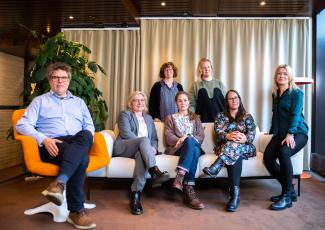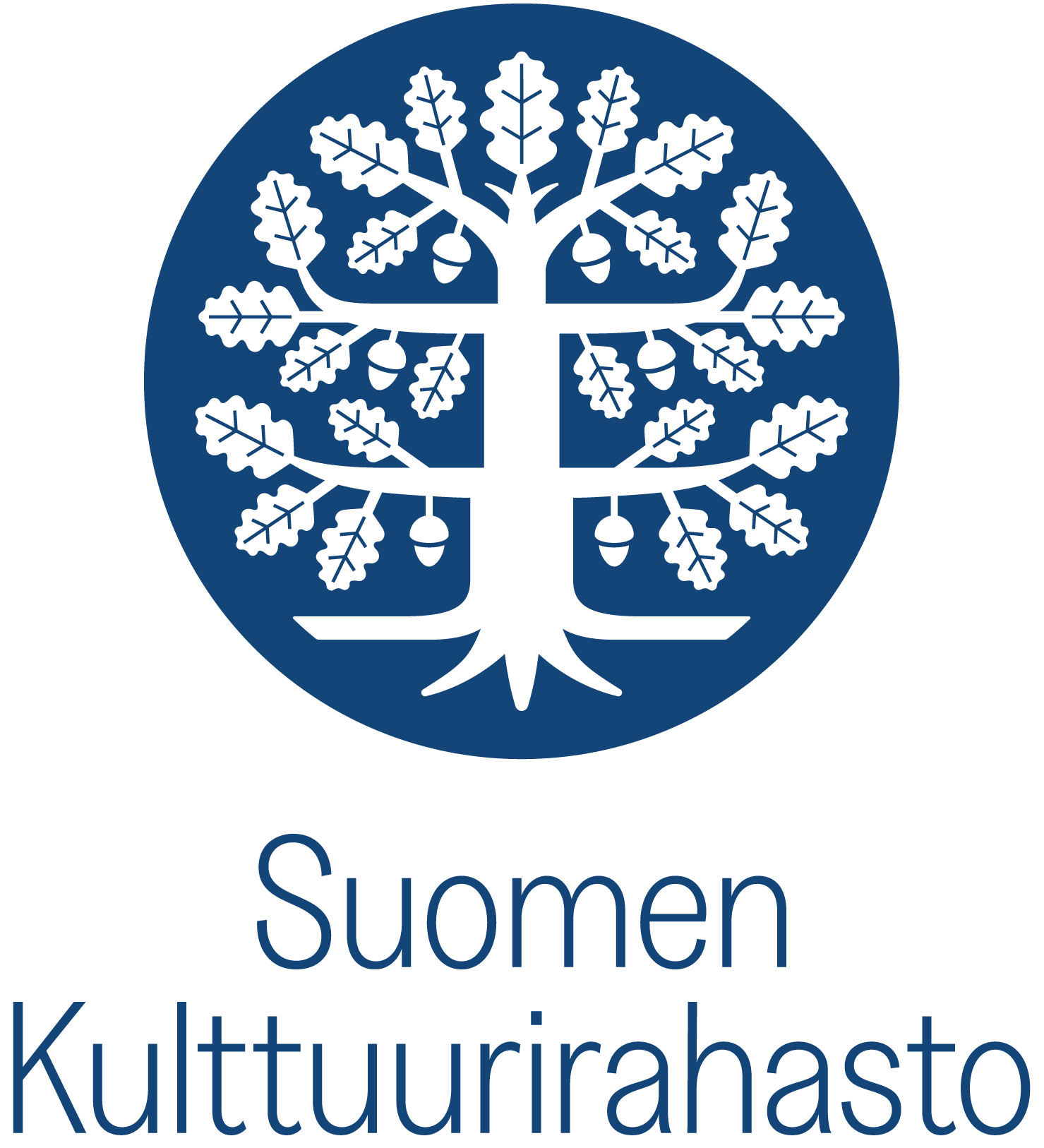
Peripheral Visions: When Global Agendas meet Nordic Energy Peripheries
Both globally and nationally there is a drive to switch to renewable energy sources. Clean energy is seen as a prerequisite for achieving global sustainability goals. This creates additional pressure to increase the production of bio, water, wind and solar energy; something that greatly affects the communities and individuals in question. In the plans for renewable energy, regions outside the economic centres are turned into “energy peripheries” that are expected to meet the centres’ needs.
The focus of this project is the Arctic, specifically northern Finland, northern Sweden and Greenland. These areas are heavily affected by the climate crisis, but they are also seen as part of the solution to it. However, research shows that global and international agendas for sustainability and investments in energy conversion lack understanding of the Arctic region and the population in these areas.
The aim of the project is to explore conceptions about converting to renewable energy in the northern areas, along with its implementation and the resistance in these areas. Another aim is to show how “visions from the periphery” can conversely affect global sustainability agendas.
The project will give answers about the consequences of the global energy transition for sustainability in the Arctic region. Especially importantly, it will highlight the effects of energy development on sparsely populated areas and indigenous peoples in the northern regions, whose conditions are deficiently considered by global sustainability agendas.
The project involves researchers from the areas of history of science and technology, environmental history, social anthropology, human ecology, political science, ecology, and social science energy research. The project is hosted by Umeå University. It has been granted 950,000 euros.
Follow the project
Project group

Professor Erland Mårald (project leader), Umeå University
Professor Camilla Sandström, Umeå University
PhD Janina Priebe, Umeå University
Docent Therese Bjärstig, Umeå University
PhD Tim Horstkotte, Umeå University
PhD Åsa Össbo, Umeå University
PhD Student Emil Olofsson, Umeå University
Docent Ebba Lisberg Jensen, University of Gothenburg
PhD Hanna Vikström, Natural Resources Institute Finland (Luke)
PhD Anne Mette Randrup Jørgensen, National Museum of Denmark
PhD Hanna Lempinen, University of Lapland







